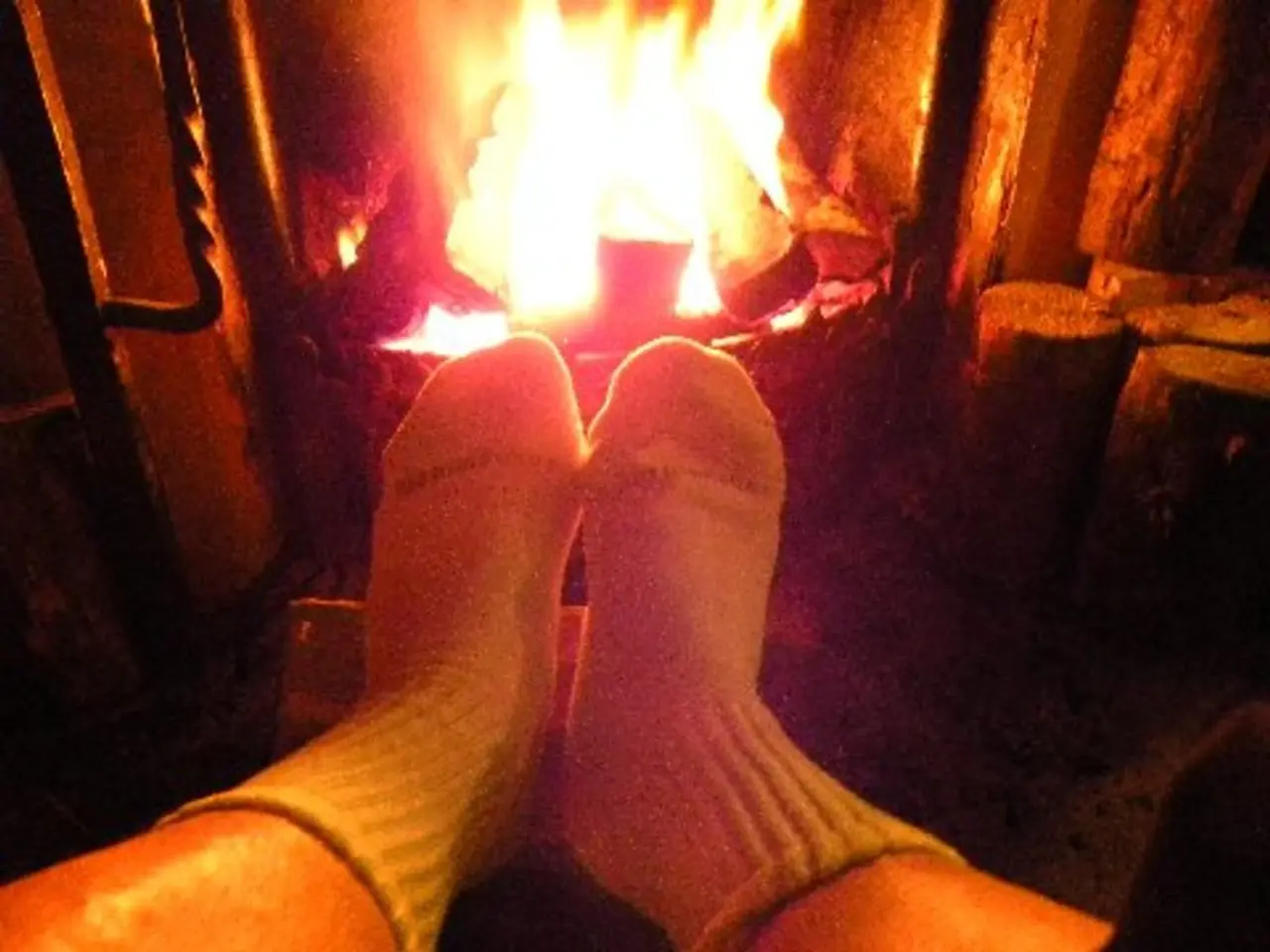Domestic Solutions for Burns and Scalds Injuries
When it comes to treating burns at home, it's essential to know what remedies are effective and safe. Here's a guide to home remedies for minor burns and what to avoid.
**Effectiveness of Home Remedies**
Aloe vera is a popular choice due to its soothing and moisturizing properties, which can help with minor burns such as sunburns. Aloe vera may also promote skin healing by stimulating antioxidant proteins and reducing inflammation, though its exact mechanism is not fully understood. Over-the-counter antibiotic ointments can help prevent infection in burn blisters and minor burns when applied properly. However, it's crucial to avoid steroid creams like hydrocortisone as they can interfere with wound healing.
**Recommended Home Treatment Steps for Minor Burns**
Immediately cool the burn with cold (not ice) water for several minutes to reduce heat and pain. Gently clean the area with soap and water, then apply a petroleum-based ointment or antibiotic cream to keep the wound moist and help prevent infection. Cover loosely with sterile, non-stick gauze and change regularly. Use over-the-counter pain relievers if needed, and monitor for signs of infection like increased redness, swelling, or pus.
**Home Remedies to Avoid**
Avoid popping blisters caused by burns, as this increases infection risk. Avoid applying ice or ice-cold water directly to burns, as this can cause further tissue damage and worsen pain. Steroid creams should be avoided on burns due to interference with healing. Use caution with unverified home remedies or substances that can cause irritation or infection.
**When Medical Treatment Is Needed**
More severe burns (large, deep second-degree or third-degree burns), burns involving the face or genitals, or burns showing signs of infection or poor healing require prompt medical evaluation and treatment.
In summary, aloe vera and antibiotic ointments are useful for minor first- and second-degree burns at home, primarily for soothing, moisturizing, and infection prevention. Proper cleaning, cooling, and dressing are critical. Some home remedies like steroid creams or ice application should be avoided due to adverse effects on healing. For anything beyond minor burns, professional medical care is advised.
- Aq (water) is essential for cooling a burn at home, helping to reduce heat and pain.
- Psoriasis patients might find aloe vera beneficial, as it promotes skin healing and reduces inflammation.
- Bipolar patients should be mindful of their mental health while dealing with a burn, ensuring adequate rest and stress management.
- Psoriatic arthritis patients should exercise caution when handling burns due to potential joint inflammation and swelling.
- Multiple home remedies are available for minor burns, such as aloe vera and over-the-counter antibiotic ointments.
- Arthritis sufferers may benefit from dry, non-stick gauze for wound dressing due to its gentle adherence and minimal discomfort.
- Sclerosis patients should maintain good blood sugar levels to avoid complications like diabetic foot ulcers if a burn occurs.
- Degenerative conditions like Alzheimer's may make it difficult for patients to follow home burn care instructions, demanding family support and supervision.
- Home remedies for burns can extend to health-and-wellness practices like maintaining a well-balanced nutrition to support recovery.
- A regular fitness-and-exercise routine can aid in overall health, enhancing the body's ability to heal from burns and other injuries. Skin-care products may also aid in burn healing and scar minimization.




